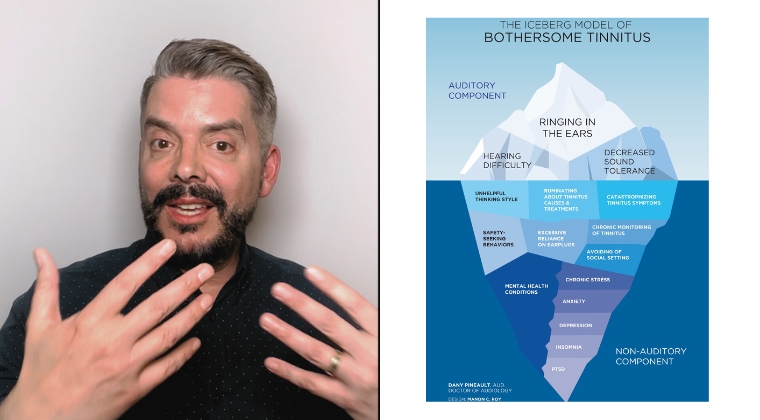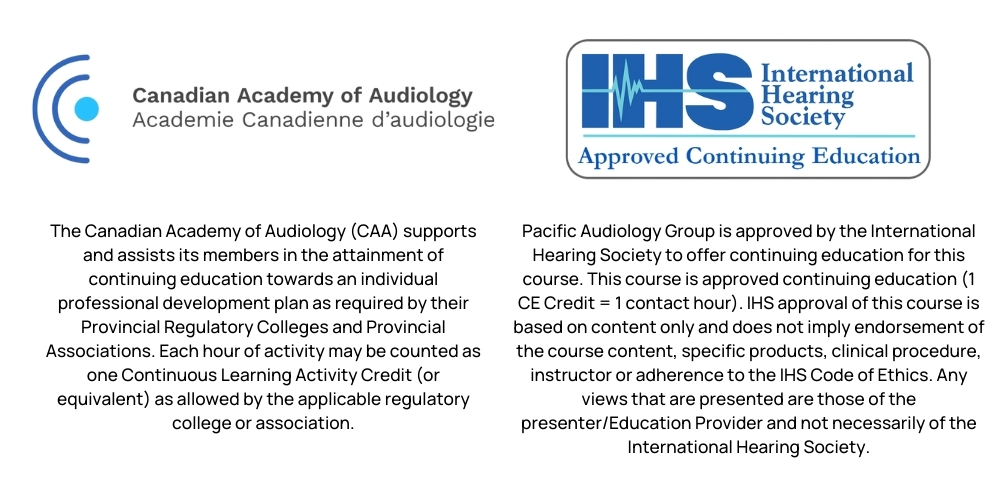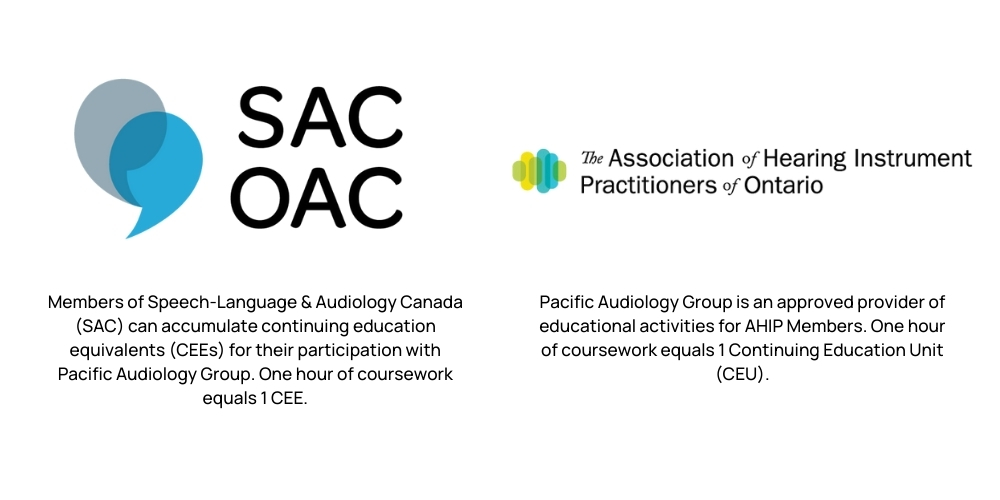
Dany Pineault
Tinnitus Audiologist
Dany Pineault, AuD, Reg CASLPO
Dany Pineault, AuD, Reg CASLPO, is a dedicated audiologist with over 25 years of clinical experience in private and non-profit organizations, specializing in managing tinnitus and hyperacusis. Serving as an adjunct assistant professor in the Post-Professional Doctor of Audiology online program at A.T. Still University–Arizona School of Health Sciences (ATSU-ASHS), Dany imparts his expertise while developing courses covering the theoretical and clinical foundations of tinnitus and hyperacusis evaluation and management, including the relationship between age-related hearing loss and cognitive decline.
His nomination for the ATSU-ASHS Alumni Scholar Award recognizes his substantial contributions to advancing knowledge in clinical audiology, particularly in the domain of tinnitus. Beyond clinical and academic work, Dany has contributed to hearing health research as a research advisor for Statistics Canada, participating in the development of three Health Reports on hearing health problems. His ongoing commitment to education was recently highlighted when he served as a guest expert on the Widex podcast, sharing his expertise in tinnitus assessment and management.
Dany Pineault stands out as a content expert, with published articles on topics including the impact of the COVID-19 pandemic on hearing and the management of older adults with cognitive health concerns. His work has been featured in esteemed publications such as The Hearing Journal, Audiologists Today, Natus Medical, and the Phonak Audiology Blog.





